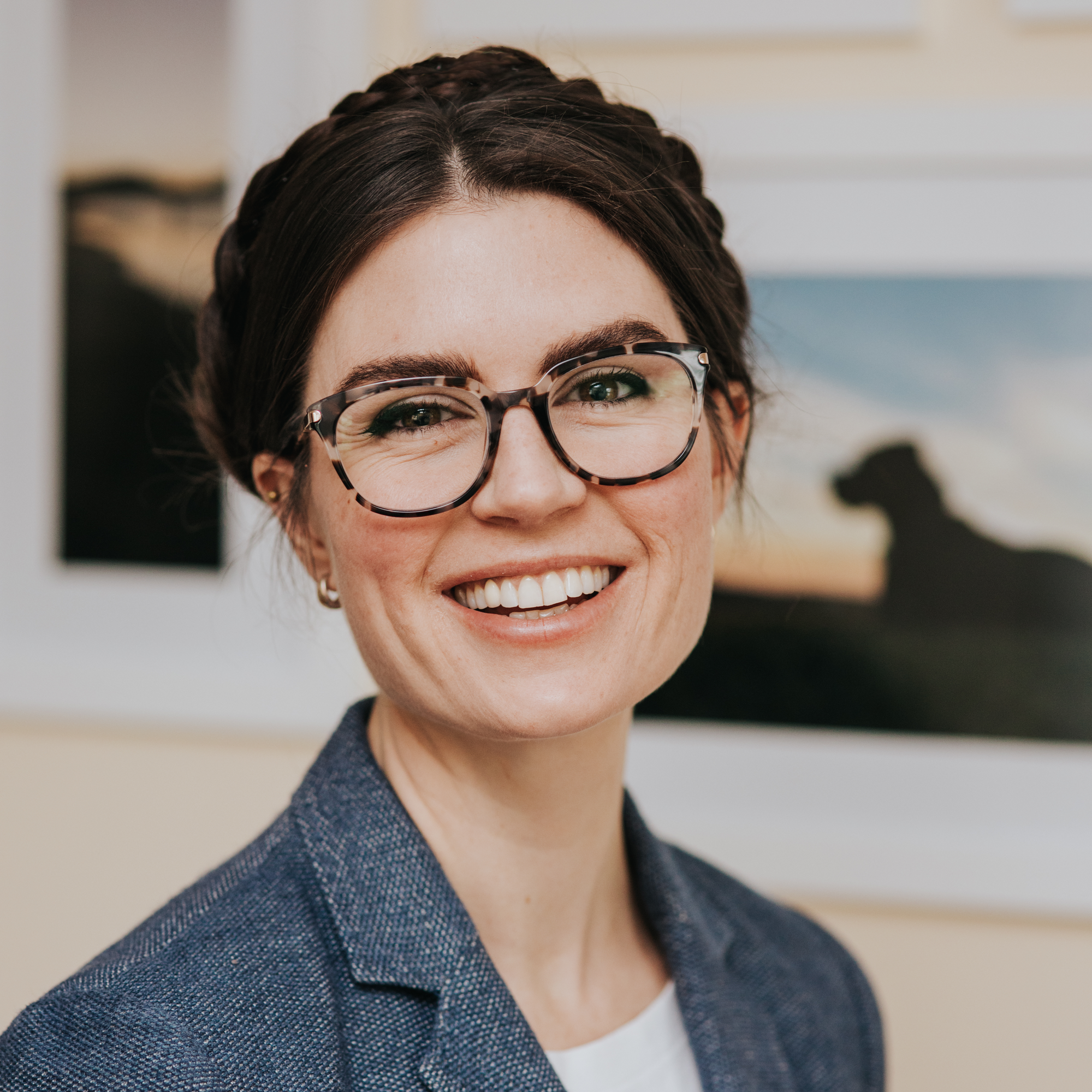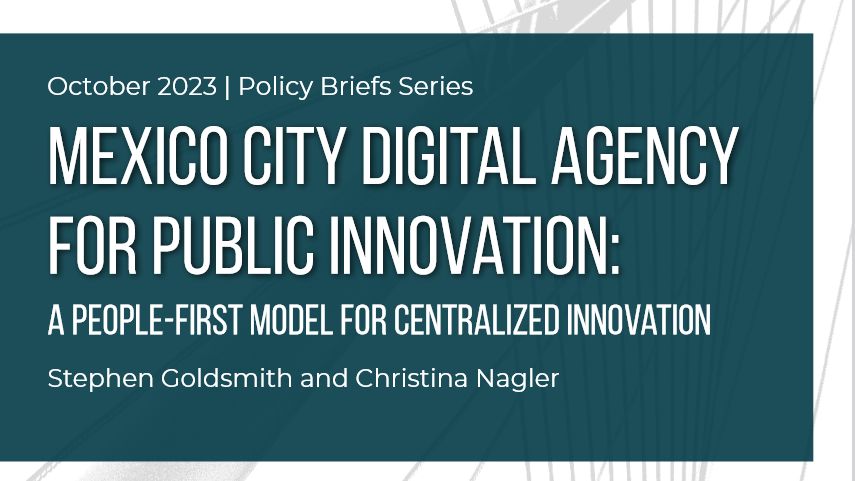- September 27, 2019
- Civic Engagement
In a 2018 study of planning and zoning meetings in 97 Massachusetts towns, researchers Katherine Einstein, Maxwell Palmer, and David Glick found that the vast majority of speaking participants were older white men who were longtime local residents and homeowners. For many, this study simply confirmed what they had long suspected; certain voices were privileged in local government meetings, and those privileged voices didn’t include women, people of color, and youth.
The elevation of certain groups and biases of community members can have serious implications for whole communities. In the Massachusetts study, the research team found that the participating speakers — the older male homeowners — were “biased in a variety of troubling ways.” Their voices weren’t representative; meeting participants were more vocally against new housing construction, even when area elections showed support for affordable housing. This mismatch meant that the opinions expressed in community and zoning meetings were unfairly weighted and amplified over the broader community’s opinions. Thankfully, some cities have already recognized the importance of varied voices and are taking concrete steps to encourage representative participation.
In Indianapolis, city officials knew they needed to diversify their planning meetings and processes to ensure equitable community engagement. The Indianapolis Department of Metropolitan Development (DMD) identified two challenges: while youth are civically engaged, they’re typically less involved in the planning process than older generations; and underrepresented populations don’t have the basic civic knowledge needed to participate in the meetings. To address these issues, the DMD launched the People’s Planning Academy, a free public program that educates participants on land use classifications and the city’s comprehensive plan.
According to Jeff Bennett, deputy mayor of community development in Indianapolis, the goal was to demystify the planning process. Enrolling in the Academy meant participating in six classes; the DMD made sure that the Academy was inclusive by offering both in-person and online class options. Attendees could choose from the Thursday evening, six-session, in person track; the Saturday morning, three-session, in person track; or the online/Channel 16, six-session remote track. By having a variety of attendance options, the city opened up the process and eliminated some barriers to participation.
Each track started by teaching basic city-planning knowledge; the Planning 101 class especially helped residents who were underrepresented due to a lack of foundational planning knowledge. The subsequent sessions were organized around the Plan 2020 Bicentennial Agenda and its core values, which include health, competitiveness, and resiliency. Participants learned how planning is related to those values, and to environmental, transportation, and housing affordability issues. This addressed another of the challenges initially identified by the DMD; many young people care deeply about these issues, but are disconnected from solutions if they aren't involved in city planning. The Academy purposefully taught with a social equity lens, and encouraged conversations about fair housing and food access.
The Academy also taught about Indianapolis’s Land Use Plan Pattern Book, which “is the text component of the plan that establishes the land use classification system.” Understanding this book is important because it explains different land classifications and how each is determined. For example, a school zone shouldn’t be within 1,000 feet of a high-pollution highway, to protect student health. So neighborhoods can be zoned for schools, but only certain plots can have the physical school building. Teaching the Pattern Book filled some of the knowledge gaps that underrepresented populations faced when trying to participate in zoning meetings.
Indianapolis won the 2019 American Planning Association National Planning Achievement Gold Status Award for Public Outreach for the People's Planning Academy. By showing how an educational program could influence community growth, and harness community planning support, Indianapolis demonstrated that the conditions of planning can and should change. They also made sure there was a pathway for that change; participants who completed the sessions could join the mapping phase of the city’s Land Use Stakeholder Committee.
In October 2019, Indianapolis is launching a second academy, with a focus on transportation. There will again be weekday and Saturday tracks, local broadcasts on Channel 16, and videos posted to YouTube. With this next academy, Indianapolis is continuing to raise civic awareness and increase civic participation around planning and land use.





